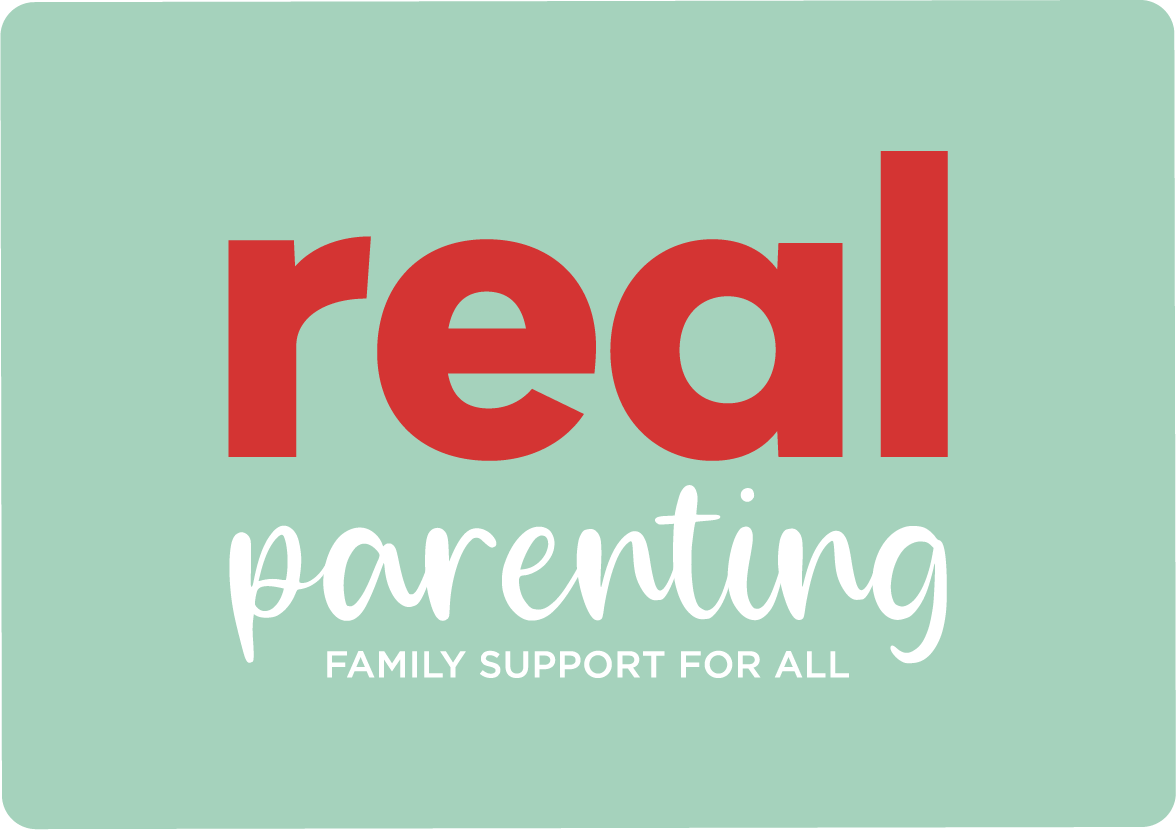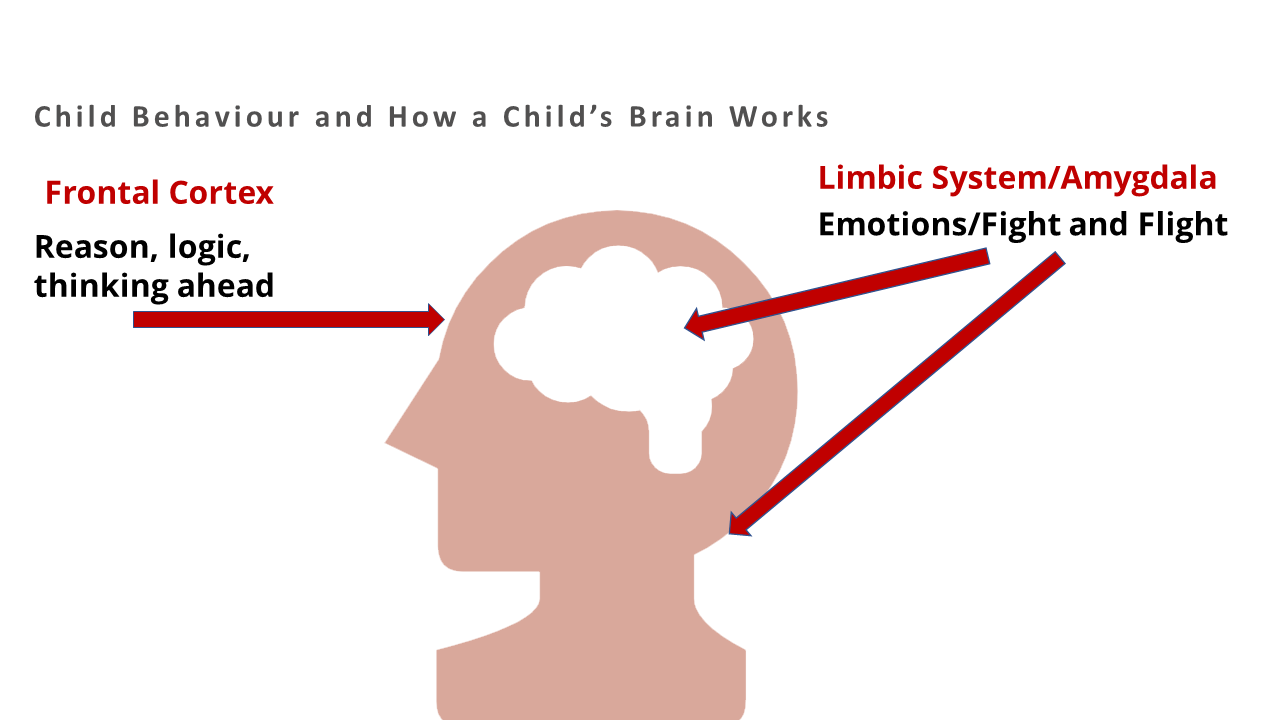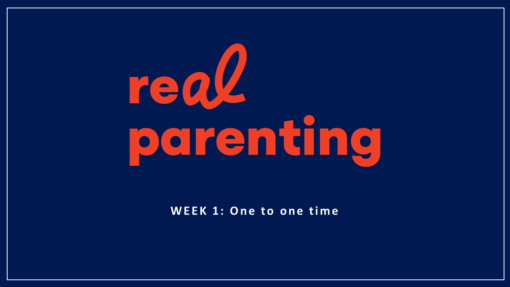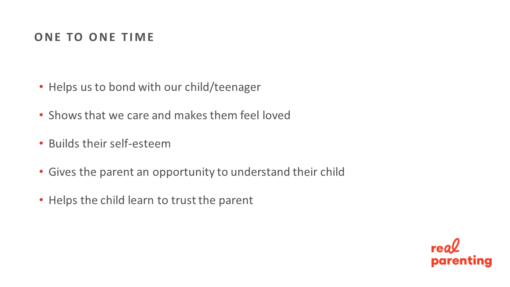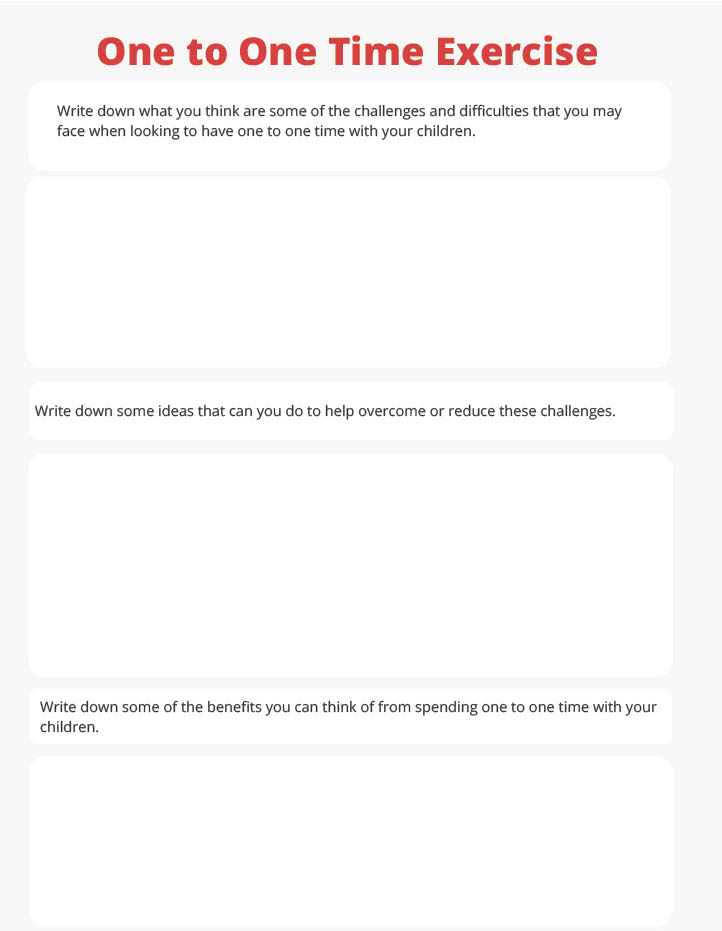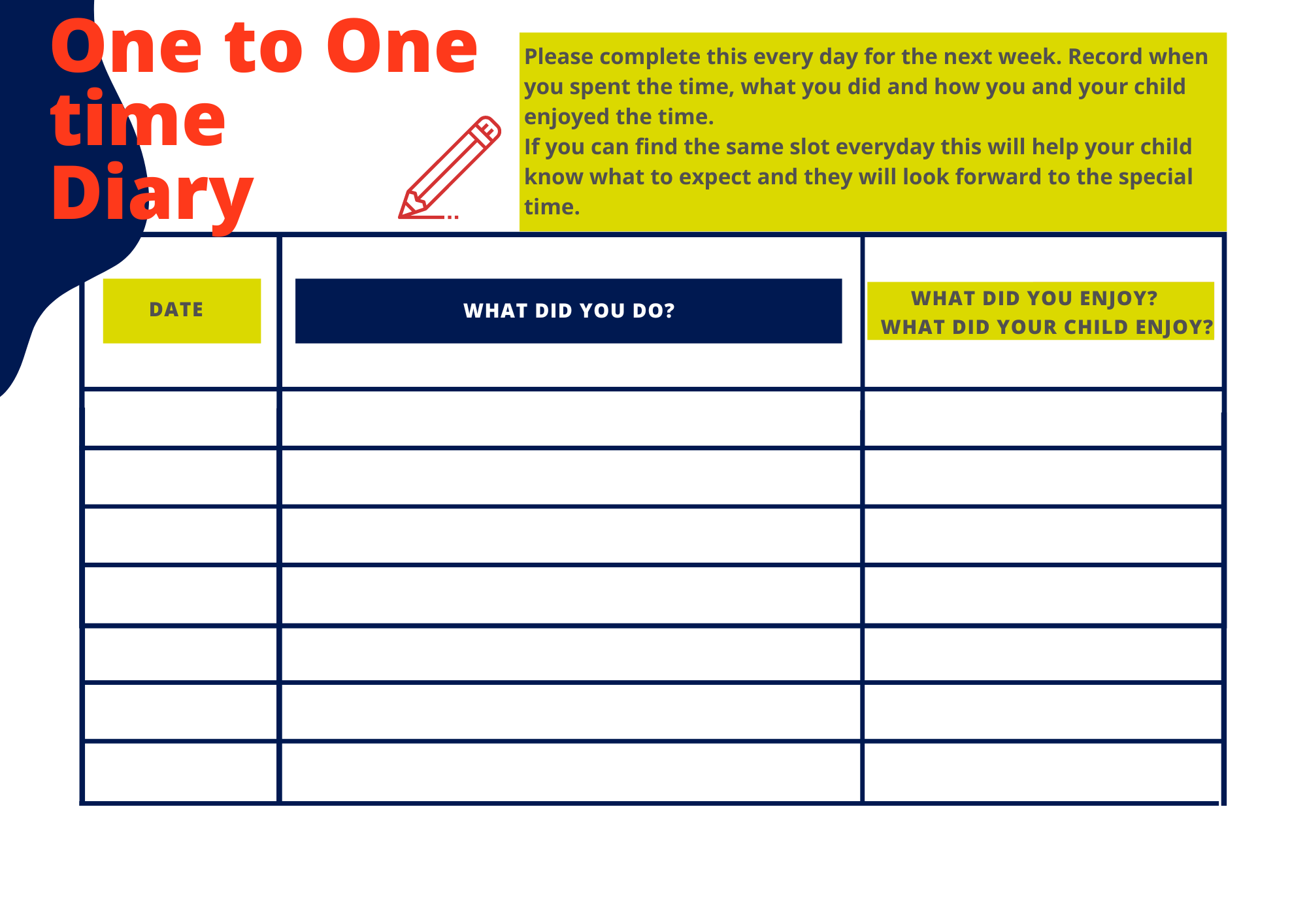Real Parenting Week 1: Attachment and one-to-one time
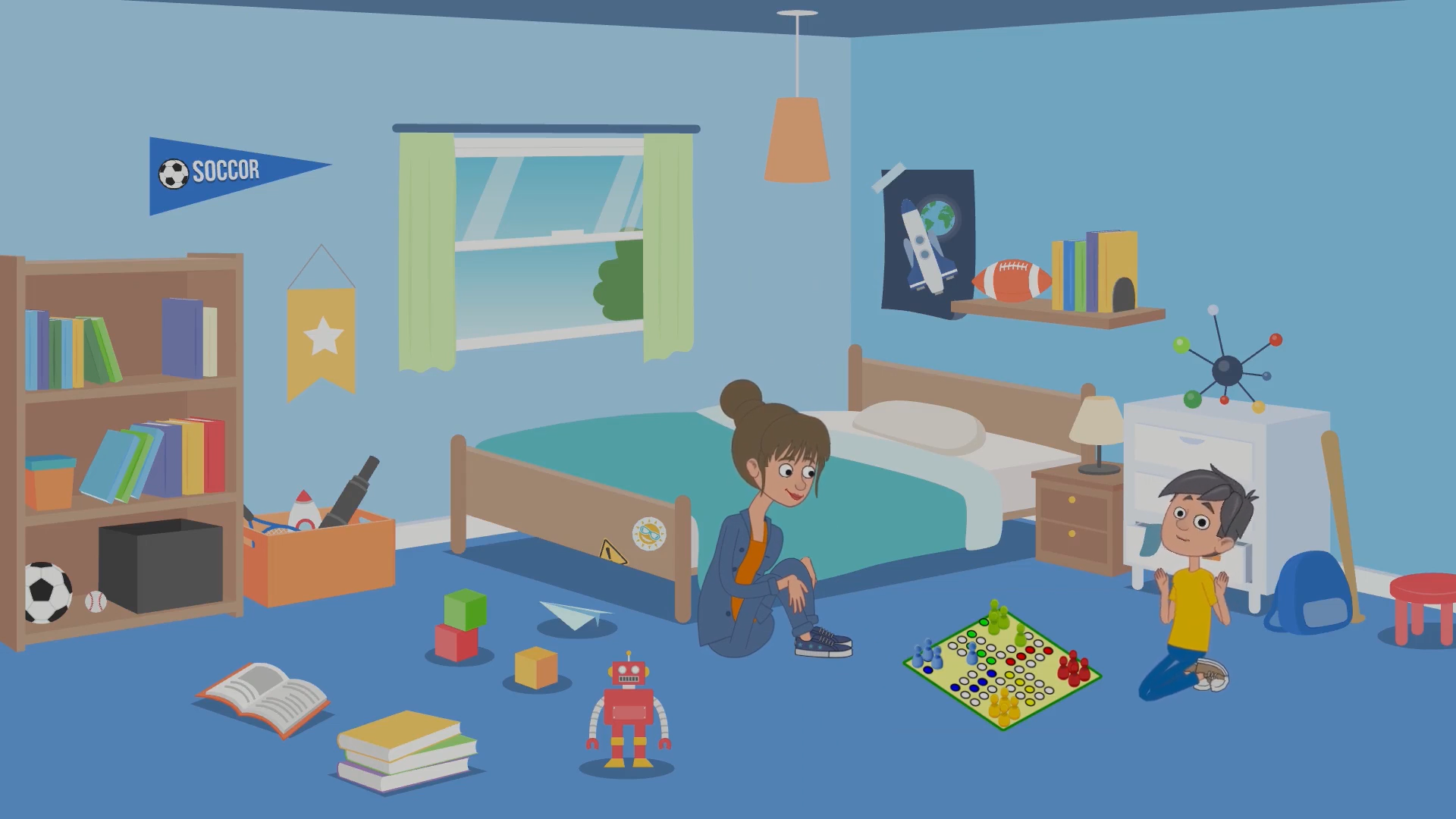
How children think and one-to-one time
Parents often come to Spurgeons with problems about their childrens’ behaviour; and they want to have those problems solved straight away.
However we start by building the relationship between the parents and child(ren) before going on to tackle the behavioural issues.
This week we’ll start by looking at how a child’s brain develops, and how children think and feel, and why they so often don’t respond to what you tell them. This will help parents and carers to understand not just how to parent, but why.
The most valuable thing a child seeks is the time and attention of their parents. So we start the course with looking at why this is so important, and how parents can best meet that need prior to tackling difficult behaviour.
7:30 Welcome & agenda
8:00 Video: How a child’s brain develops
8:05 Video:
Demonstrating the adult emotional brain
This is a very popular car video.you can play this car video or any other car advert that you think demonstrates the point that adverts dont use words to appeal to the logical part o our brains but instead use imagery and sound to appeal to the part of our brain where we make decisions – the emotional part of the brain
8:10 Discussion about the emotional brain
After the advert ask them these questions as a group and ask how did they “get” these messages:
- How much of the advert is about the features of the car?
- How do you think the advert is meant to make us feel?
- Why does the manufacturer want us to feel that way?
Before the break ask if they see how we adults also make decisions about our behaviour with the non-logical part of the brain. How much more for children!
8:30 15 minute break
8:45 Videos:
One-to-one time and child-led play
One-to-one time top tips
8:55 One-to-one time presentation
Please give a brief presentation about one-to-one time (based on the video in the Ambassador’s Training)
9:00 One-to-one time exercise in pairs: Part 1
Put the parents into pairs (have a group of three if there is an odd number).
Ask them to open their Parenting Workbooks at the One-to-one time exercise page and in pairs:
- Discuss and write down what they think are some of the challenges and difficulties that they face when looking to have play time with their children.
- Discuss and write down some ideas to help overcome or reduce these challenges.
9:10 One-to-one time exercise in pairs: Part 2
Put the parents into pairs (have a group of three if there is an odd number).
Ask the parents whilst they are still in their pairs to write down some of the benefits they can think of from spending play time with their children.
9:15 Group discussion
Ask the parents to come back into the main group and ask them what they thought were the main challenges they face with one-to-one time.
9:20 Homework and goodbye
Hand out copies of the One-to-one time diary – one per child. Explain how to use it and ask them to fill it in over the week for discussion next week. Explain that there are copies in their Parenting Workbook.
